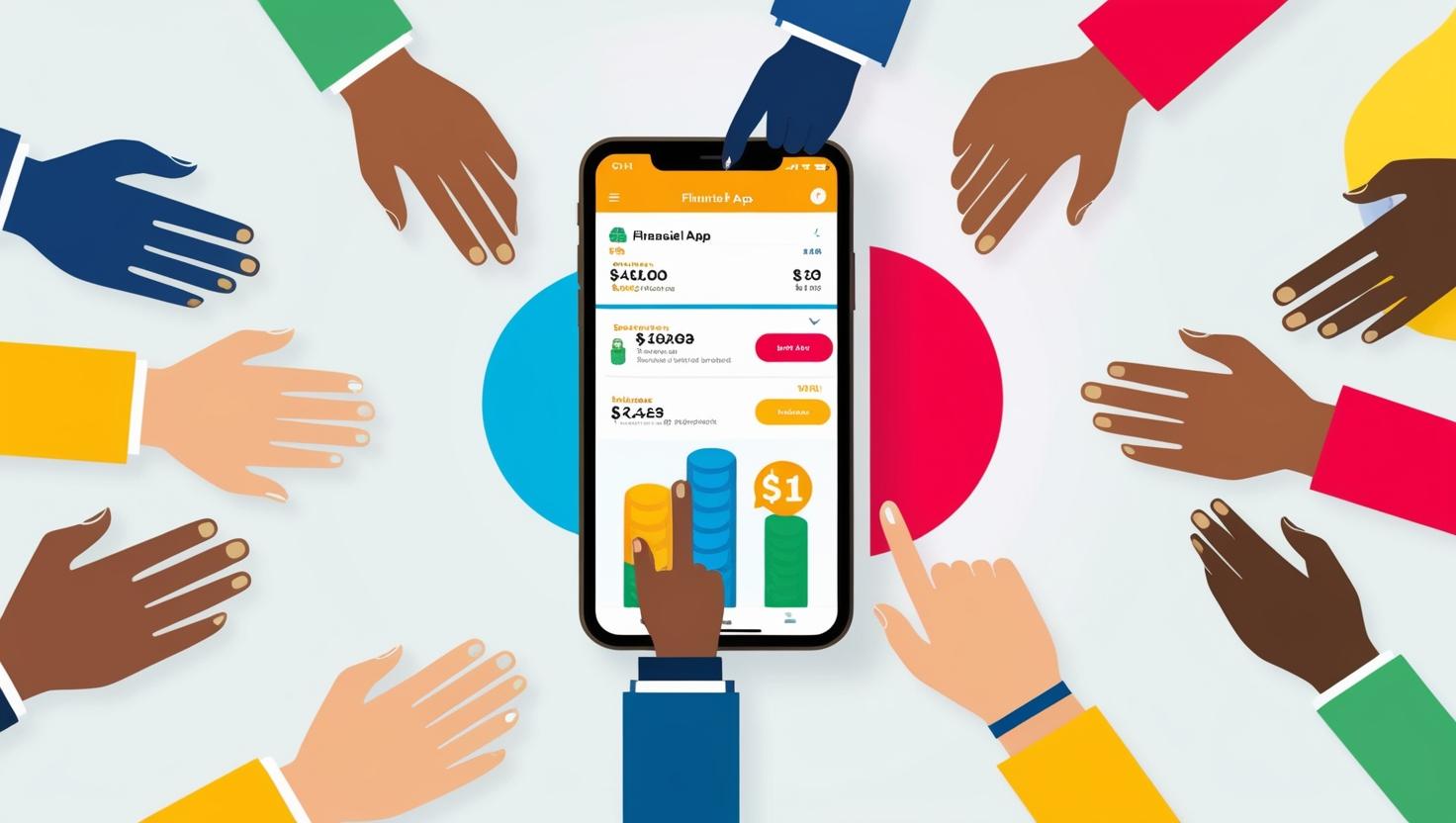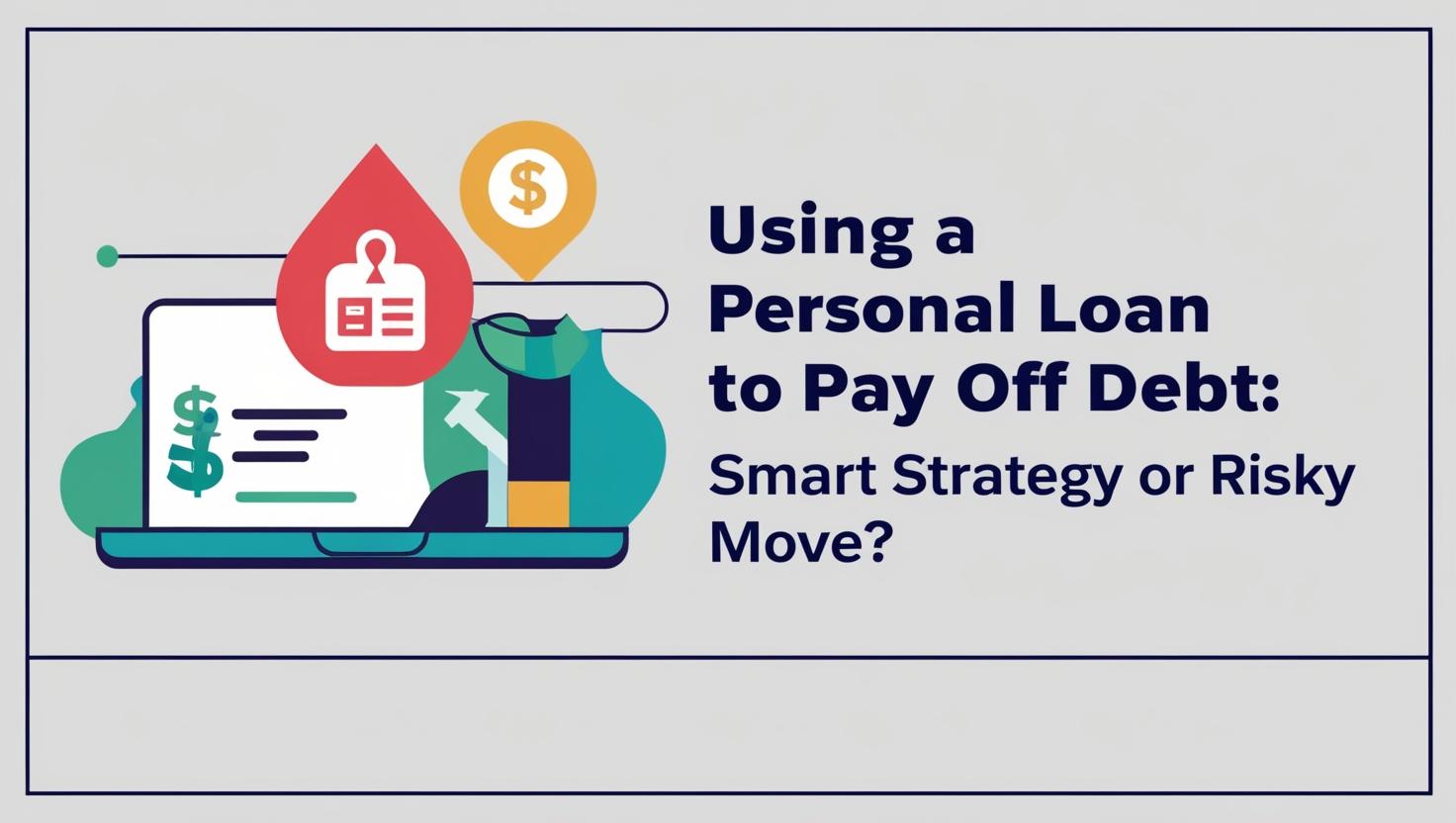Cryptocurrency has moved from a fringe tech experiment to a major force in global finance. Whether you’re a curious beginner or someone looking to make smarter decisions about digital money, this guide will give you a complete overview of what cryptocurrency is, how it works, and why it matters in today’s economy.
What Is Cryptocurrency?

A cryptocurrency is a type of digital or virtual currency that uses cryptography to secure transactions. Unlike traditional currencies (like the dollar or euro), cryptocurrencies are decentralized. This means they aren’t controlled by any government or central authority.
The most well-known cryptocurrency is Bitcoin, but there are thousands of others, including Ethereum, Solana, Cardano, and Ripple (XRP).
How Does Cryptocurrency Work?
At the heart of cryptocurrency is blockchain technology. A blockchain is a public ledger that records all transactions across a network of computers. Once a transaction is confirmed, it’s added to the chain and can’t be altered. This system ensures transparency and trust without needing a central bank.
Here’s how a typical crypto transaction works:
- Initiation: A user initiates a transaction, like sending Bitcoin to another person.
- Verification: The transaction is broadcast to a network of nodes (computers).
- Validation: Nodes use algorithms to verify the transaction.
- Block Creation: Once verified, the transaction is added to a block.
- Blockchain Update: The block is added to the chain and becomes permanent.
This process is known as mining in networks like Bitcoin. Miners are rewarded with new coins for verifying transactions and securing the network.
Types of Cryptocurrencies
There are over 10,000 cryptocurrencies, but they generally fall into a few categories:
1. Payment Coins
These are used to transfer value, like digital cash.
- Examples: Bitcoin (BTC), Litecoin (LTC), Bitcoin Cash (BCH)
2. Smart Contract Platforms
These enable developers to build decentralized apps (dApps).
- Examples: Ethereum (ETH), Solana (SOL), Avalanche (AVAX)
3. Stablecoins
These are pegged to fiat currencies to reduce volatility.
- Examples: Tether (USDT), USD Coin (USDC), DAI
4. Utility Tokens
Used within a specific ecosystem for services or features.
- Examples: Chainlink (LINK), Uniswap (UNI), Filecoin (FIL)
5. Governance Tokens
Give holders voting rights in a protocol.
- Examples: Aave (AAVE), Maker (MKR), Compound (COMP)
Why Cryptocurrency Matters
1. Financial Freedom
Cryptocurrency gives users full control over their money without needing permission from banks or governments.
2. Borderless Transactions
You can send and receive funds globally in minutes, often with lower fees than traditional systems.
3. Access to the Unbanked
Over a billion people don’t have access to banks. Crypto can provide them with digital financial tools.
4. Decentralization and Transparency
Every transaction is recorded on a public ledger, reducing fraud and corruption.
5. New Economic Models
DeFi (Decentralized Finance), NFTs (Non-Fungible Tokens), and DAOs (Decentralized Autonomous Organizations) are redefining how we interact with money, art, and governance.
Cryptocurrency Risks and Challenges

While the upside is big, crypto also comes with risks:
- Volatility: Prices can swing wildly in a short time.
- Security: If you lose access to your wallet, your funds are gone.
- Scams: Rug pulls, pump-and-dumps, and fake ICOs are common.
- Regulation: Governments are still figuring out how to regulate crypto.
- Complexity: For newcomers, crypto can be confusing and full of jargon.
How to Get Started with Cryptocurrency
Getting started doesn’t have to be complicated. Here are the basics:
1. Choose a Cryptocurrency Exchange
Pick a reputable platform to buy, sell, and trade crypto. Some popular ones include:
- Coinbase
- Binance
- Kraken
- Gemini
2. Create and Secure Your Wallet
A crypto wallet stores your private keys. Options include:
- Hot Wallets (online): MetaMask, Trust Wallet
- Cold Wallets (offline): Ledger, Trezor
3. Buy Cryptocurrency
Use your local currency to buy crypto via the exchange. Start small until you’re comfortable.
4. Store and Monitor
Transfer your assets to a secure wallet and keep track of market movements and news.
Cryptocurrency Use Cases
Cryptocurrency isn’t just for trading. Here are real-world use cases:
- Remittances: Faster and cheaper cross-border payments.
- Online Payments: Accepted by companies like Microsoft, Shopify, and some retailers.
- Gaming: In-game currencies and NFTs.
- DeFi: Earn interest, borrow, and lend without a bank.
- Crowdfunding: Raise money globally with tokens.
Future of Cryptocurrency
Crypto is evolving fast. Here are some trends to watch:
- Central Bank Digital Currencies (CBDCs): Governments creating digital versions of their currencies.
- Ethereum 2.0: Moving to proof-of-stake, making it faster and more energy-efficient.
- Mass Adoption: More institutions, banks, and retailers integrating crypto.
- Web3: A decentralized internet powered by blockchain.
Final Thoughts
Cryptocurrency is more than just a buzzword. It’s a new way of thinking about money, ownership, and freedom. While it’s not without its risks, the innovation happening in this space is impossible to ignore.
Whether you’re investing, building, or just learning, understanding cryptocurrency puts you ahead of the curve in a rapidly changing world.
Keywords: cryptocurrency, what is cryptocurrency, how cryptocurrency works, types of cryptocurrency, blockchain, Bitcoin, Ethereum, crypto guide, investing in crypto, crypto risks, DeFi, NFTs, crypto wallet, crypto exchange, future of crypto






